
‘For the Budapest-centric circles I move in, the strategy paper consists mainly of familiar assumptions and positions.’
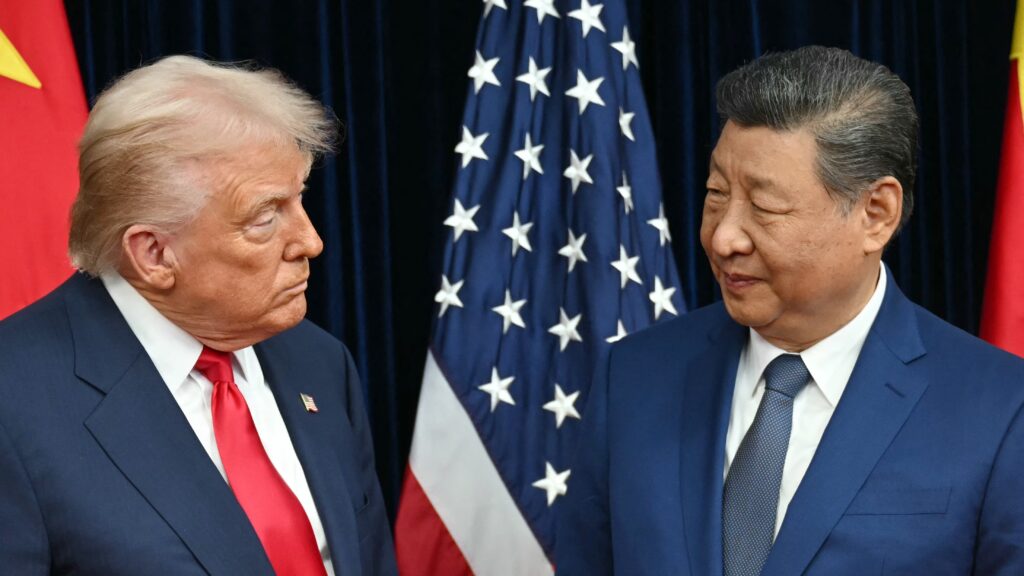
‘A trade offensive against China is not a dinner party either, even though Trump and his advisers seem to have believed it would be.’
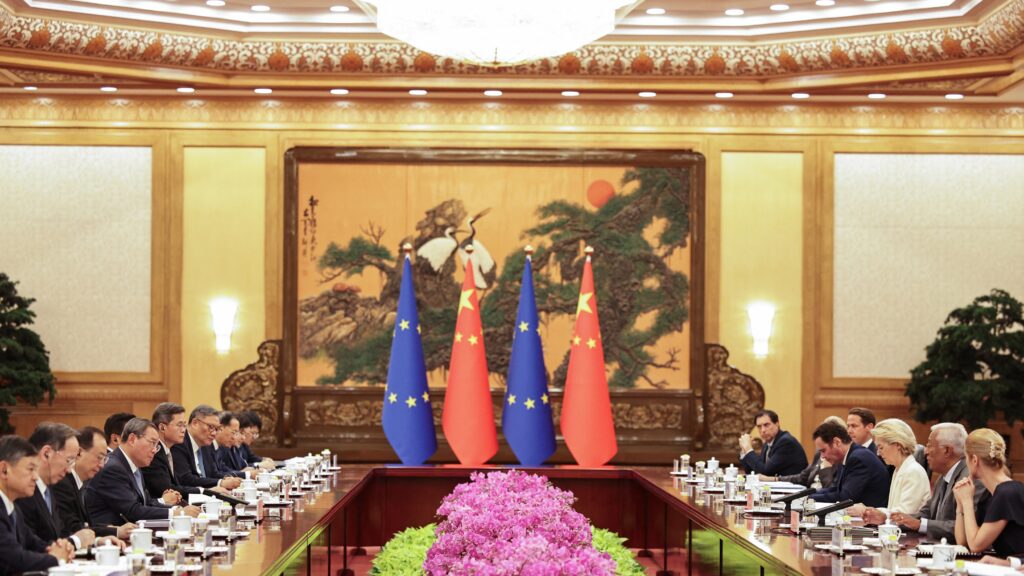
‘The belligerent tone of European leaders reinforces, on the Chinese side, the image of an ideologically aggressive West, expansive and domineering by its very cultural core.’
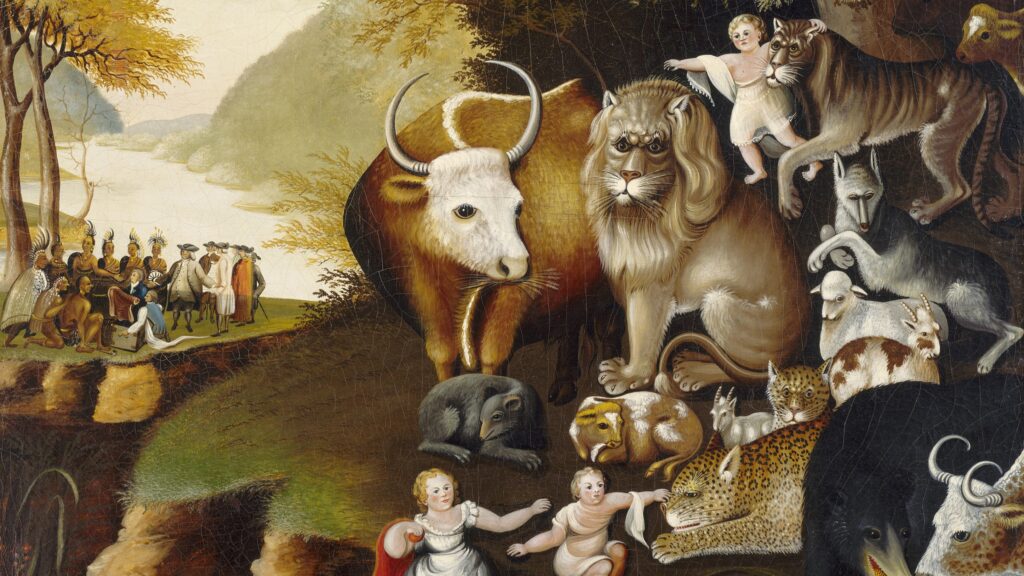
‘How does Hungary manage to stay on good terms with both Washington and Beijing, despite their growing rivalry?…Many observers explain this dual alignment as mere pragmatism—ideological kinship with the American right, economic opportunism with China. But that tells only part of the story.’

‘The emerging sovereigntist era unleashes nationalist energies that must be tempered and channelled constructively. Currently, Trump’s “America First” is swinging like a wrecking ball through the West’s liberal order. Also, a new zeitgeist is unfolding, upending our conceptual world and even shifting how we imagine space and time.’
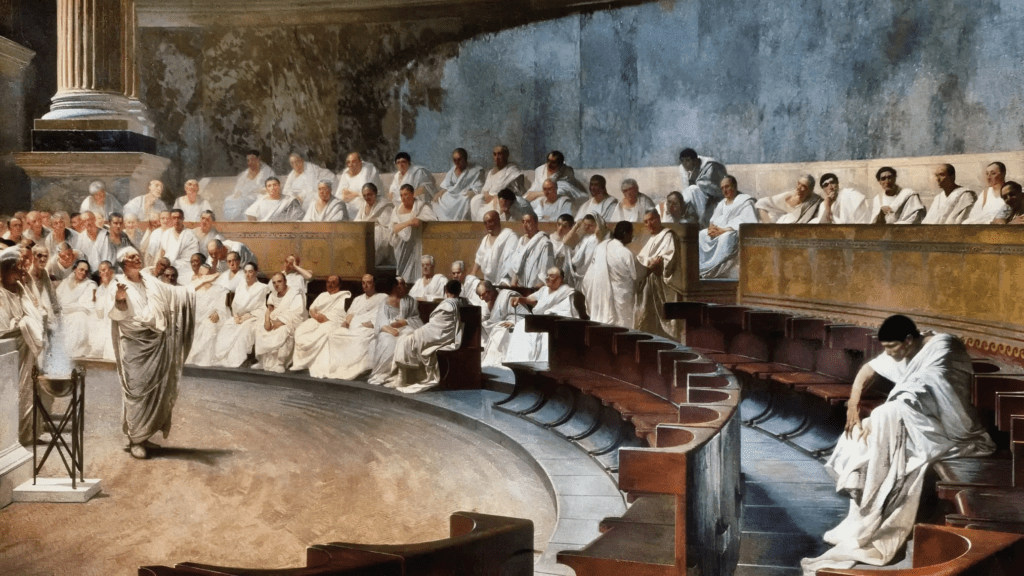
‘But national consciousness is precisely the origin of modern democracy and is still crucial for organizing democratic solidarity. Of course, nationalism can lead to a dangerous chauvinism which makes people believe that their nation has the right to bully others, but these cases are, fortunately, exceptional excesses. The big picture is that nationalism and modern parliamentary democracy emerged in the 19th century in intimate connection and presuppose each other.’

‘Like many, I still cannot believe that Wilders could become prime minister, given his years of demagogic outbursts and his abysmal reputation among the parts of the nation that ‘matter’. He shocked polite society with condescending statements about Dutch Muslims and unworkable, discriminatory policy proposals.’

‘Western conservatism and mainstream Chinese political thought share an important characteristic: a culturalist worldview that recognizes what is culturally one’s own and, from this basis, acknowledges and accepts the otherness of Others in a pluralistic world of cultures and civilizations. This is a particular form of cosmopolitanism; one may call it conservative.’
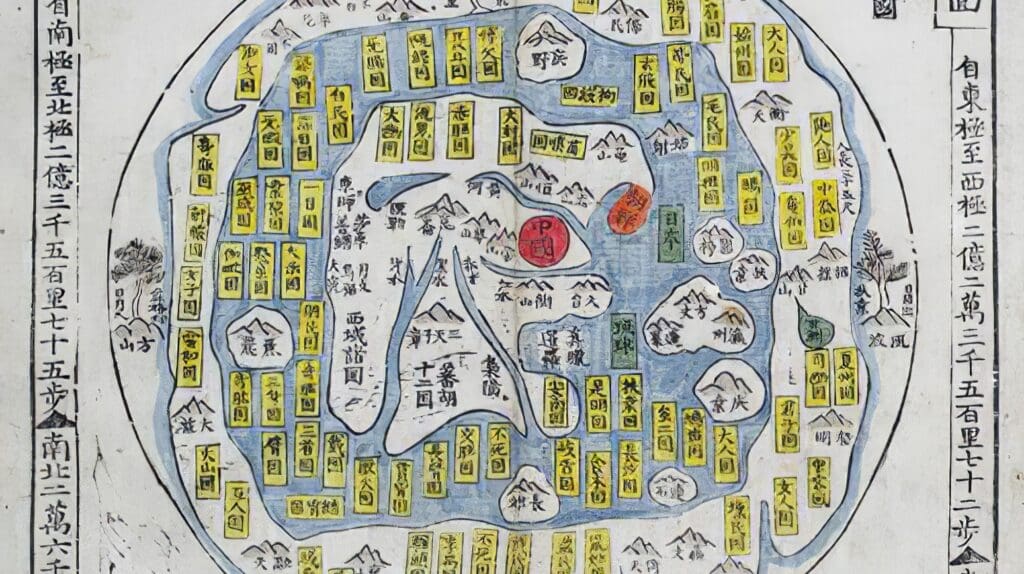
One simply cannot put something as complexly different as the Chinese intellectual field onto either the American left–right axis or the West-European ideological taxonomy. Ultimately, the Chinese field is a different world, albeit one that bears affinities with, and shows much interest in, us Western conservatives.
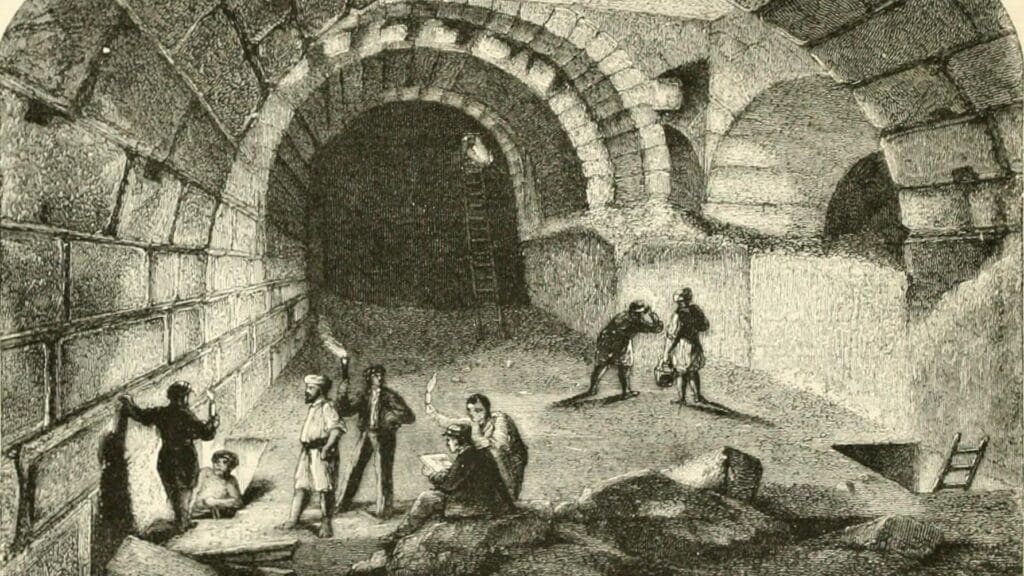
One thing is clear: it is ethically good to reject antisemitism and terror apologetics. Such basic uprightness does not conflict with critical reflections on a heterogeneous, power-unequal world—because genuine critical thinking has never caused anyone to become an anti-Semite or a terror apologist.

The nation celebrated at Tusványos, the Hungarian one, drapes over various states in the Carpathian Basin and consists of a plurality of ethnic and religious groups, fully including not just Christian Magyars but also Jews, Ungarndeutschen, and Roma with roots in the region. Foreign guests like me, who come from outside the Hungarian nation or family of nations, could also feel welcome, because, if devoid of chauvinism, nationhood offers fertile ground for inter-national solidarities and sympathies.